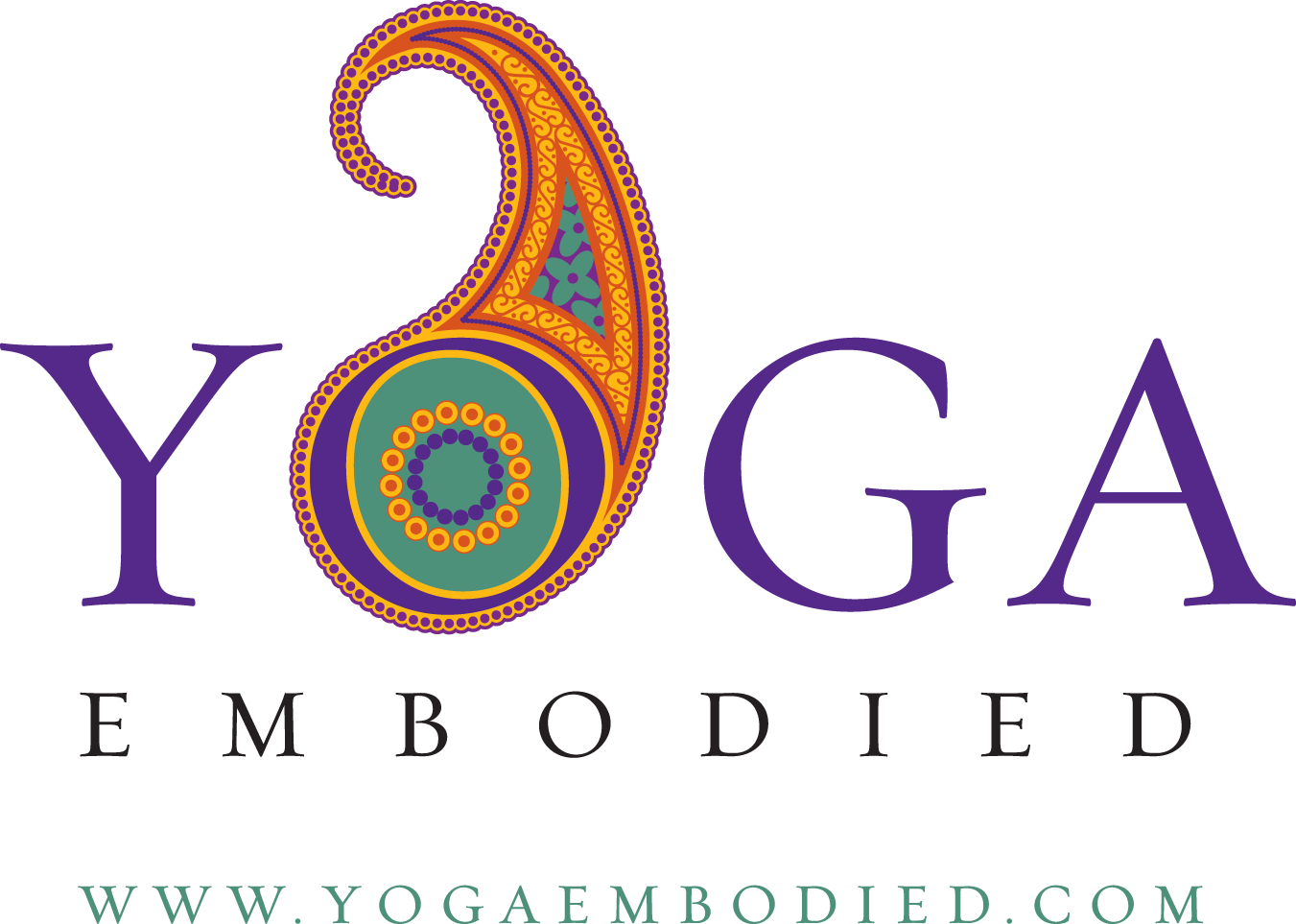Essential Oils + Essential Safety
The power of aroma is extraordinary.
You walk past a jasmine plant and you remember a warm sunny summer night. Or maybe a whiff of patchouli takes you back to the now old-style “new-age” shops, the ‘60s and 70s or lentils and brown rice…
The effect of essential oils go straight to our olfactory system in the brain and our limbic system. A very primal part of our physiology. We apply to the skin (usually in a carrier) where it can be absorbed. And on an energetic level we connect to a vibrational interaction.
“There is a flow of energy, not only between essential oils and people, but between people and essential oils; it’s a two-way street.”
Valerie Ann Worwood
I absolutely love essential oils
I mix them together in my diffusers (yes, plural). Create room sprays. Make up special blends into a carrier oil for my abhyanga (daily oil massage). I have them in little roll-ons to apply as anointment on special occasions or through the day.
A word of warning
I am writing this out of my passion for essential oils. I am trained as an aromatherapist and had continuous training in how to use the oils (and how not to). That doesn’t make me an “expert” and there are plenty of highly experienced people with no formal training who have a wealth of wisdom and aromatherapy knowledge too.
Although I am excited that essential oils are so popular at the moment – I am also concerned. Everyone can share what they have tried or read about aromatherapy. And others believe these testimonials are valid, well researched – and safe.
As an aromatherapist in the UK for example you are not legally allowed to recommend taking essential oils internally. (There are specific trainings where qualified aromatherapists, herbalists and medical professionals can learn how to prescribe internal use). The trade association for aromatherapy in the UK, The Aromatherapy Trade Council (ATC) agree. They advice not to use them internally – unless advised by a specialist.
And yet I continue to read recommendations from people (non-aromatherapist + non-herbalist) that you can do just that.
Experts and authorities Robert Tisserand and Rodney Young say: “…only practitioners who are qualified to diagnose, trained to weigh risks against benefits, and have a knowledge of essential oil pharmacology should prescribe essential oils for oral administration.” [Robert Tisserand and Rodney Young, Essential Oil Safety (Second Edition. United Kingdom: Churchill Livingstone Elsevier, 2014), 50.]
And The International Federation of Aromatherapists Code of Ethics states: “No aromatherapist shall use essential oils for internal ingestion or internal application nor shall any aromatherapist advocate or promote such use of essential oils unless the practicing aromatherapist has medical, naturopathic, herbalist, or similar qualifications and holds an insurance policy which specifically covers the internal application of essential oils”. (IFA code of ethics. Simply Essential, No. 11 December 1993).
In recent years reports of toxic exposure from essential oils have doubled. See this report and read aromatherapist expert Gabriel Mojays response here.
Could this be due to unqualified, but enthusiastic, people* recommendations (on social media, in yoga classes, on blog posts and the internet)?
Remember oil and water don’t mix so if you are recommended to take a few drops in water the essential oil is neat – it does not dissolve. It needs a dispersant agent and a qualified prescription of just how much is safe for the individual. Preferably by a trained herbalist, aromatherapist or medical doctor.
When taking essential oils internally there is a risk of toxicity, irritation of the mucosal lining of the gut and allergic reactions.
Essential oils are used in food and beverage production but the percentage is very small. The essential oils would also be completely mixed into the product.
Joining the Essential Oil movement
I have frequently been invited to join various MLM (Multi Level Marketing) companies selling (very expensive) essential oils. I would be the perfect match as it is so popular in the yoga community + I am already a qualified and insured aromatherapist – they say when they approach me.
But the main (MLM) companies I know of do not comply to ATC’s guidelines or my own training so I have declined being associated with them. Advising people to apply essential oils neat or internally does not sit right with me. Neither does the extraordinary prices.
Pure essential oils are just that. Pure essential oils. That they are approved by the ATC means they have high standards. “Therapeutic grade” essential oil is not an independent approval rather standards set by one specific company – so this doesn’t really compare with other companies standards.
Choose your own high quality, wild grown or Soil Association approved pure essential oils. Speak to the company. If you are into the chemistry ask to see gas chromatography of specific oils.
My recommendation is to look at ATC’s or IFPA’s websites for suggestions.
I love Neal’s Yard Remedies. They have high standards, know the growers and most are Soil Association Organic (and, yes, I am now an independent consultant for them – read why here). Or Oshadi Essential oils which also sell fantastic hydrolats and more uncommon essential oil (not affiliated – simply love their ethos).
Enjoy playing around with the oils. They are beautiful, transformative and very very special.
“Any essential oil distilled from a plant lovingly grown in unsullied soil, under an unpolluted sky, by caring people, and distributed by a company working with integrity and respect, is going to have a good energy.”
Valerie Ann Worwood
* I want to emphasis that I also know and respect some very educated wonderful people including aromatherapists endorsing certain MLM essential oil companies with professionalism and promote them with pure heart and intention.
